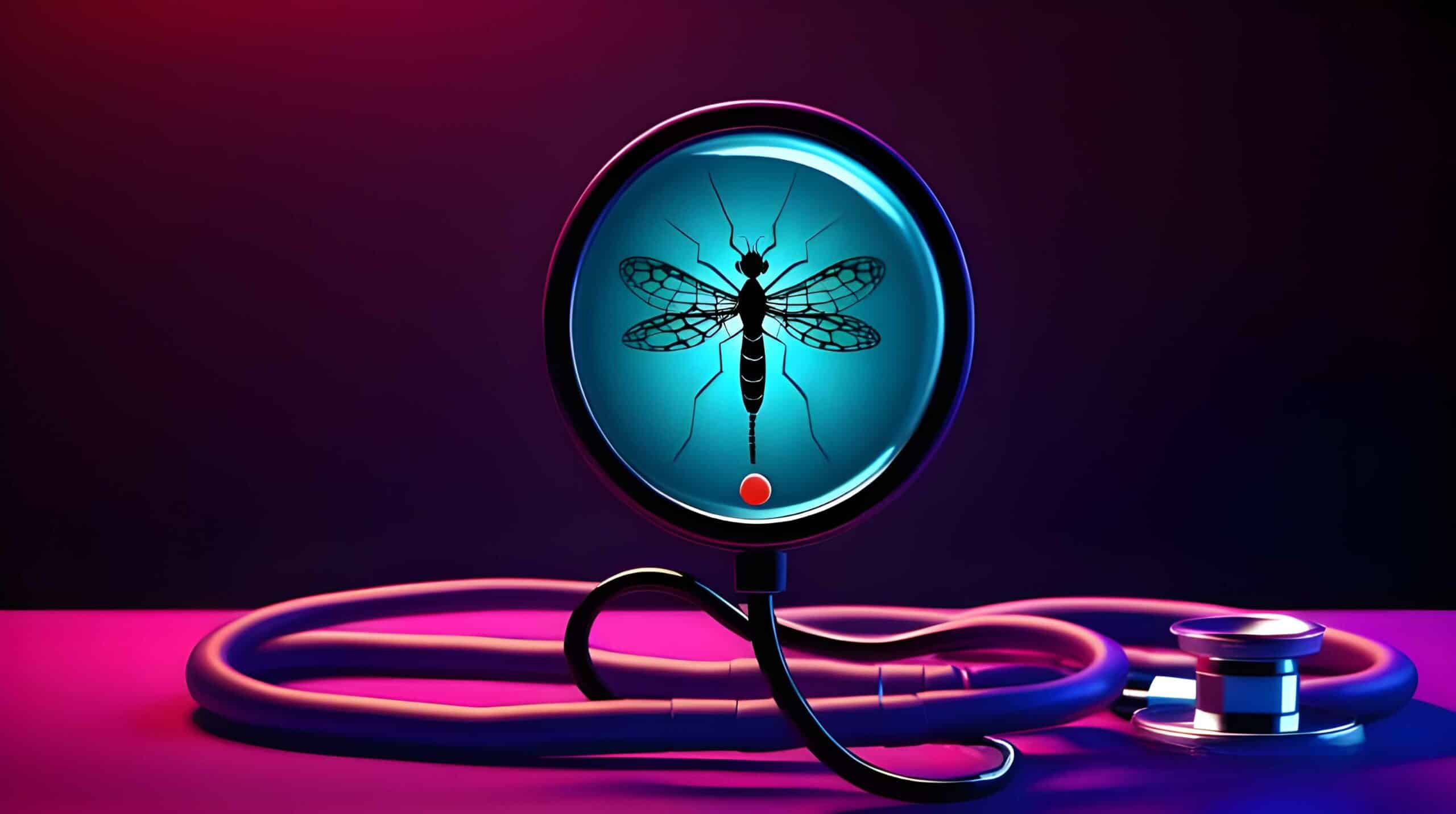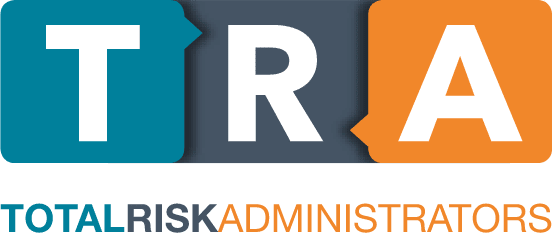World Malaria Day is on the 25th of April every year.
This year’s theme is “Ready to beat Malaria.” The theme shows the community’s energy and commitment to uniting to achieve the common world goal of being malaria-free.
It also highlights the remarkable progress achieved in tackling one of the world’s oldest diseases. However, it also highlights the worrying trends captured in the World Malaria Report.
What is Malaria:
Malaria is a life-threatening disease transmitted from the bite of an infected mosquito (Anopheles). These mosquitoes carry the Plasmodium parasite. When the mosquito bites you, the parasite is released into your bloodstream. The parasites then travel to the liver and mature. After several days, they enter the bloodstream and infect the red blood cells.
Malaria Symptoms:
The Symptoms typically show up within 10 days following infection. These symptoms are:
shaking chills that can range from moderate to severe
high fever
profuse sweating
a headache
nausea
vomiting
abdominal pain
diarrhoea
anaemia
muscle pain
convulsions
coma
bloody stools
How is Malaria diagnosed?
Doctors will be able to diagnose malaria during an appointment through a physical exam and blood tests. These tests will show:
- If you have malaria
- What type of malaria do you have
- If the infection is caused by a parasite that’s resistant to certain types of drugs
- If the disease has caused anaemia
- If the disease has affected your vital organs
Malaria Treatment:
With malaria having the risk of being a life-threatening disease, treatment for this disease is typically provided in the hospital. Treatment differs depending on which type of parasite you have.
The doctors will prescribe and administer medications until the malaria is no longer in your system. However, they do tend to give you a second dose of medication to prevent a relapse in the future.
How can you get involved?
As an individual, you can show your support through the use of social media. Use the campaign hashtags #readytobeatmalaria and #endmalaria to show you are declaring to beat malaria this #worldmalariaday and ‘like’ and share World Malaria Day campaign materials on Twitter, Facebook, Instagram and Linked-In.
To find out more, please visit here













